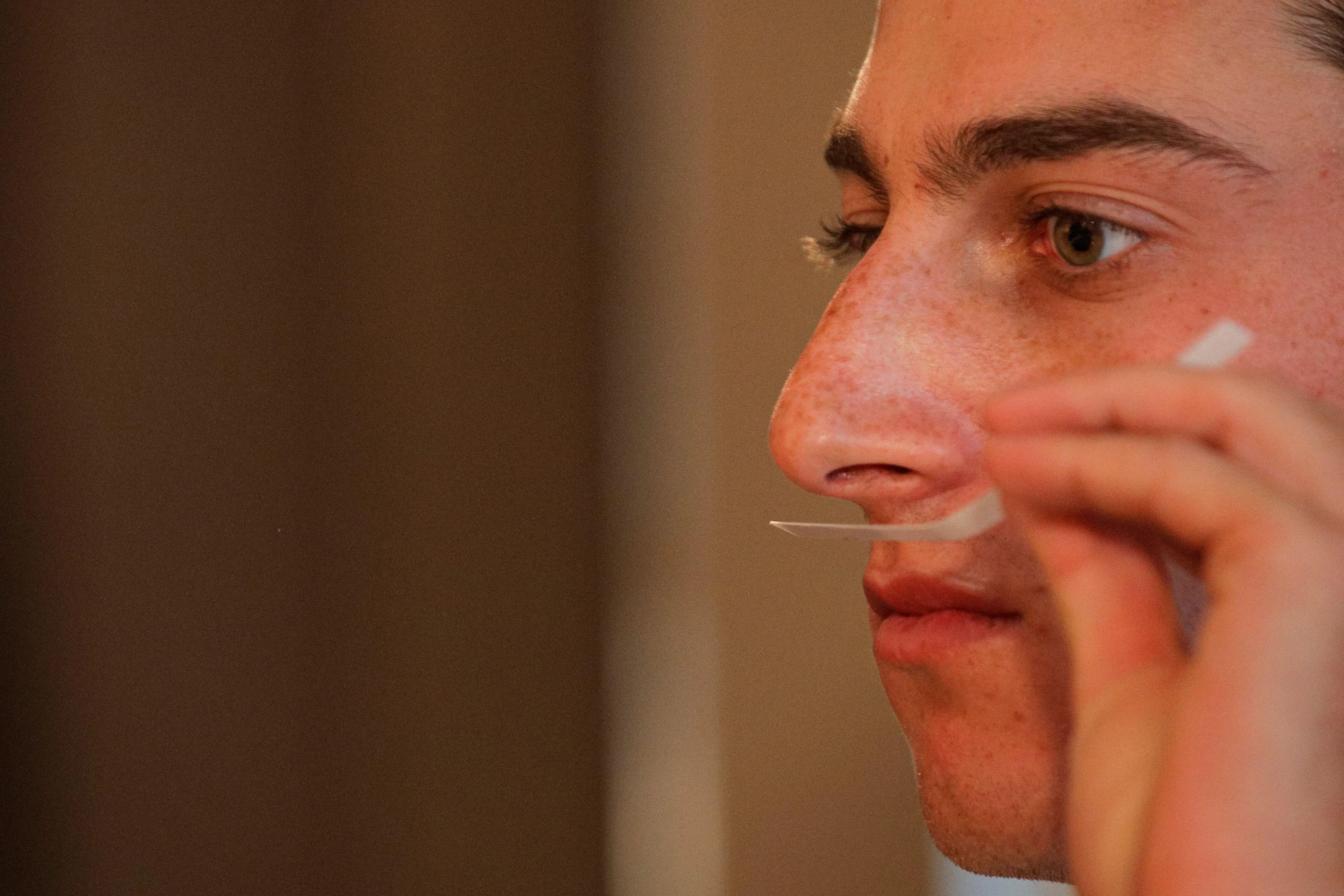
It's one of the most common symptoms of COVID-19, but new research has revealed why some people lose their sense of smell.
Back when the pandemic first got into full swing, people were on the lookout for three main symptoms: a high temperature; a new, continuous cough; and a loss or change to your sense of smell or taste.
Pretty much everyone knows someone who's caught COVID and lost their sense of smell, leaving them unable to taste food properly and testing their might with spicy food and other strange concoctions. Then, for some people, it's not a symptom whatsoever – so why do some people suffer from it while others don't?

Advert
In a new study published to the Cell journal, researchers in New York investigated the exact cause of people losing their smell with a COVID-19 infection, with some permanently losing their smell, a condition known as anosmia. 'To gain insight into COVID-19 induced anosmia, we explored the consequences of SARS-CoV-2 infection in hamster and human autopsies of the olfactory epithelium (OE),' they explained.
'Experiments in hamsters revealed transient recruitment of various immune cells to the OE and rapid upregulation of antiviral genes in [olfactory sensory neurons],' the paper continued.

They found that while COVID can't actually infect the olfactory nerve cells directly, the virus can affect how your olfactory tissue operates. Due to the influx of immune cells, microglia and T cells released to counter the infection, and these cells releasing proteins known as cytokines, it affects some people's ability to smell.
'Our findings provide the first mechanistic explanation of smell loss in COVID-19 and how this may underlie long COVID-19 biology,' Benjamin tenOever, Ph.D., professor in the Department of Microbiology at NYU Langone Health and co-author on the study, said as per Neuroscience News.
'The work, in addition to another study from the tenOever group, also suggests how the pandemic virus, which infects less than 1% of cells in the human body, can cause such severe damage in so many organs.'

TenOever explained that one's sense of smell 'relies on fragile genomic interactions between chromosomes, [which] has important implications'.
'If olfactory gene expression ceases every time the immune system responds in certain ways that disrupts inter-chromosomal contacts, then the lost sense of smell may act as the canary in the coalmine, providing any early signals that the COVID-19 virus is damaging brain tissue before other symptoms present, and suggesting new ways to treat it,' he added.
If you have a story you want to tell, send it to UNILAD via [email protected]
Topics: Coronavirus, Science